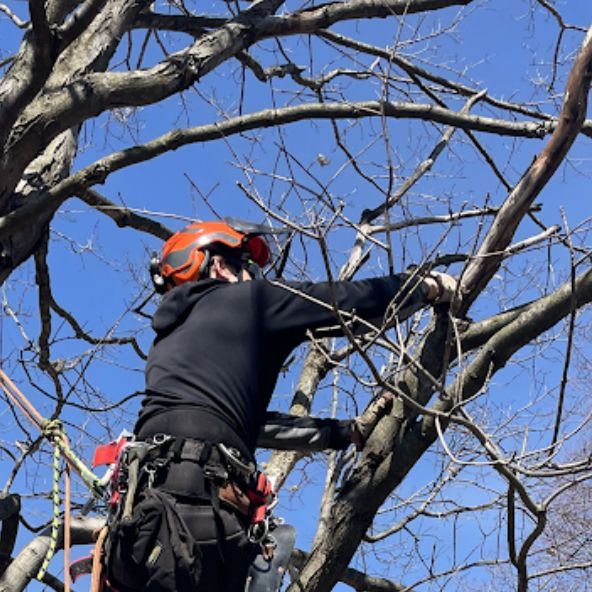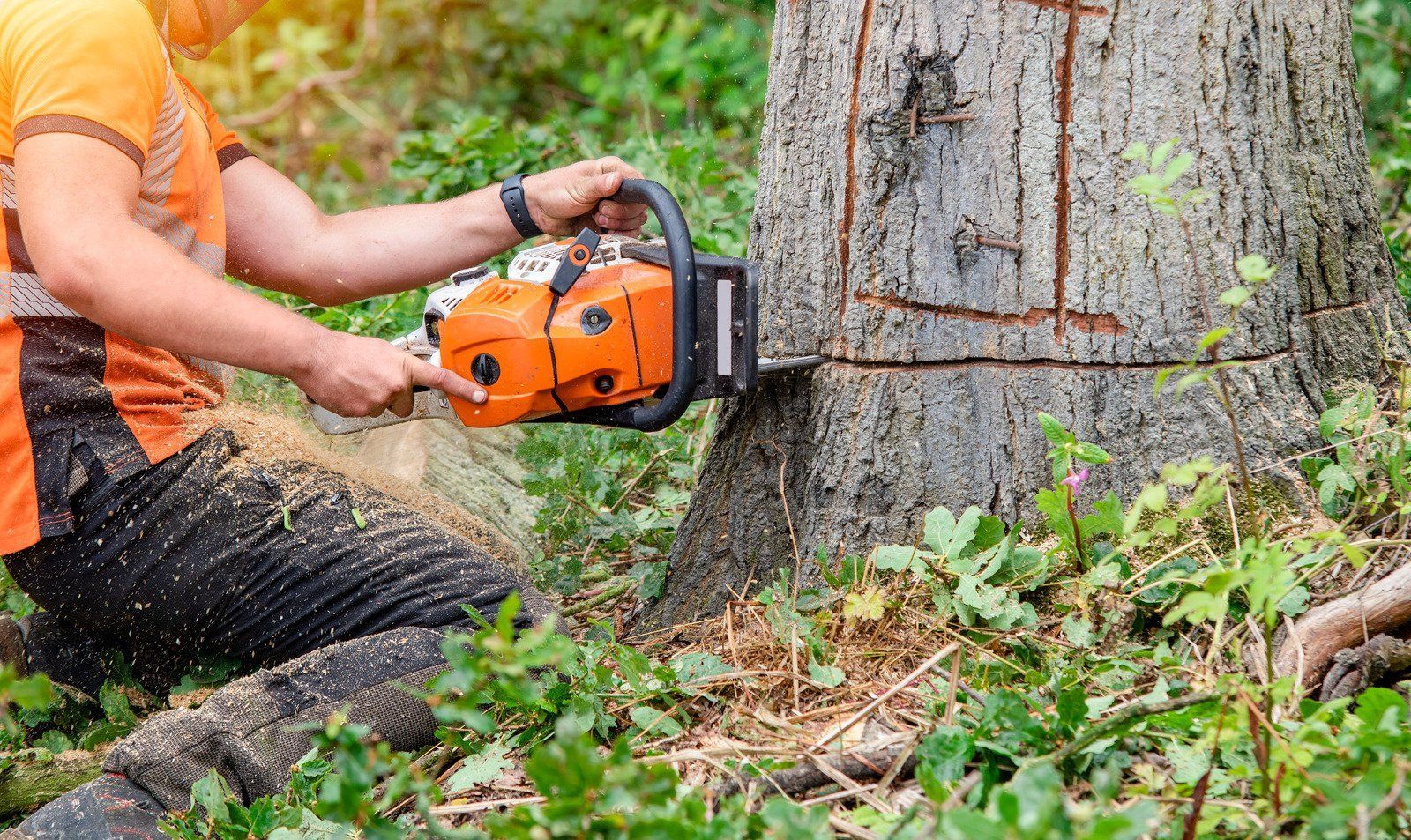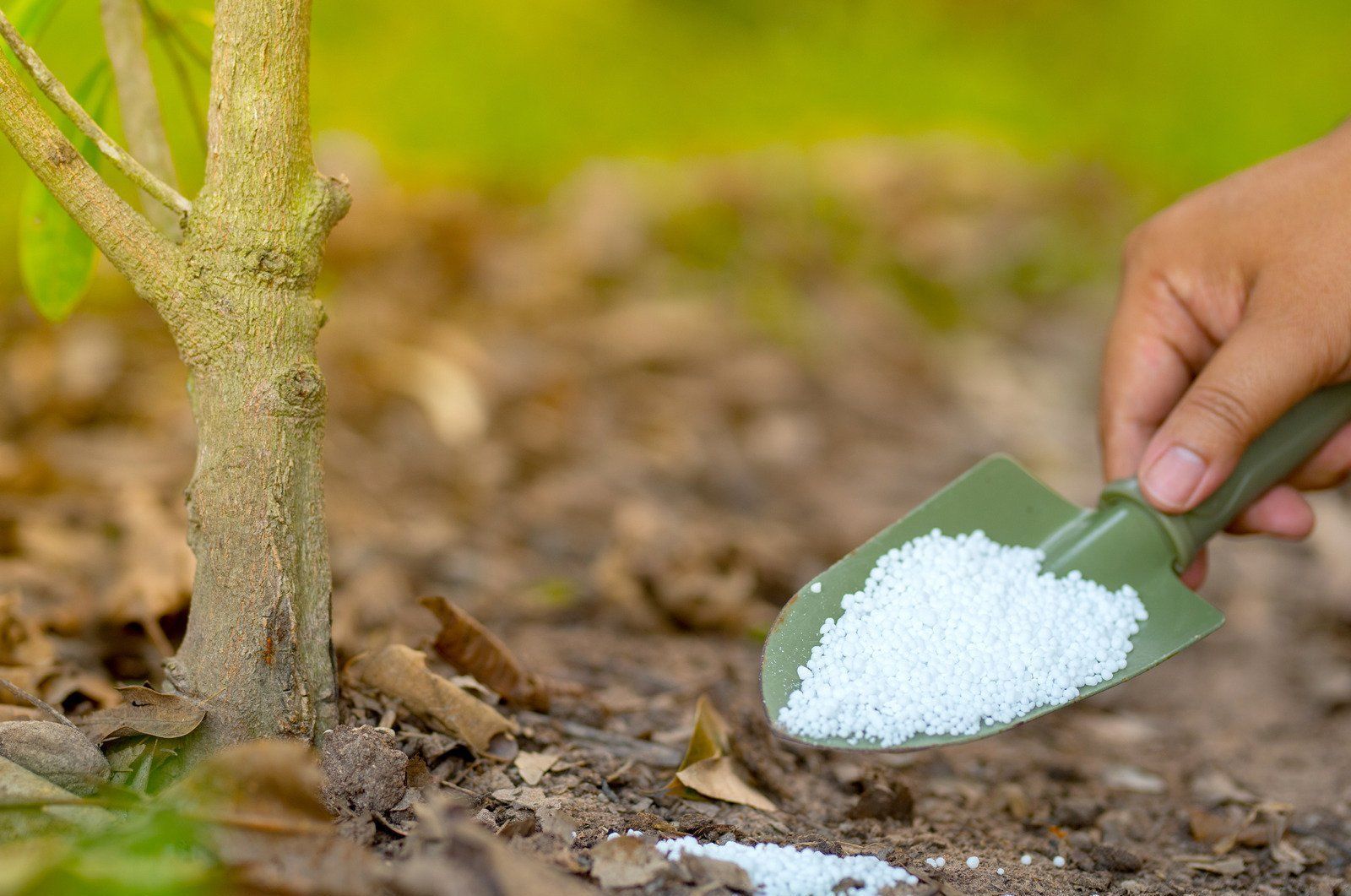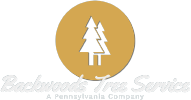How to Safely Remove a Tree: A Step-by-Step Guide
April 28, 2025
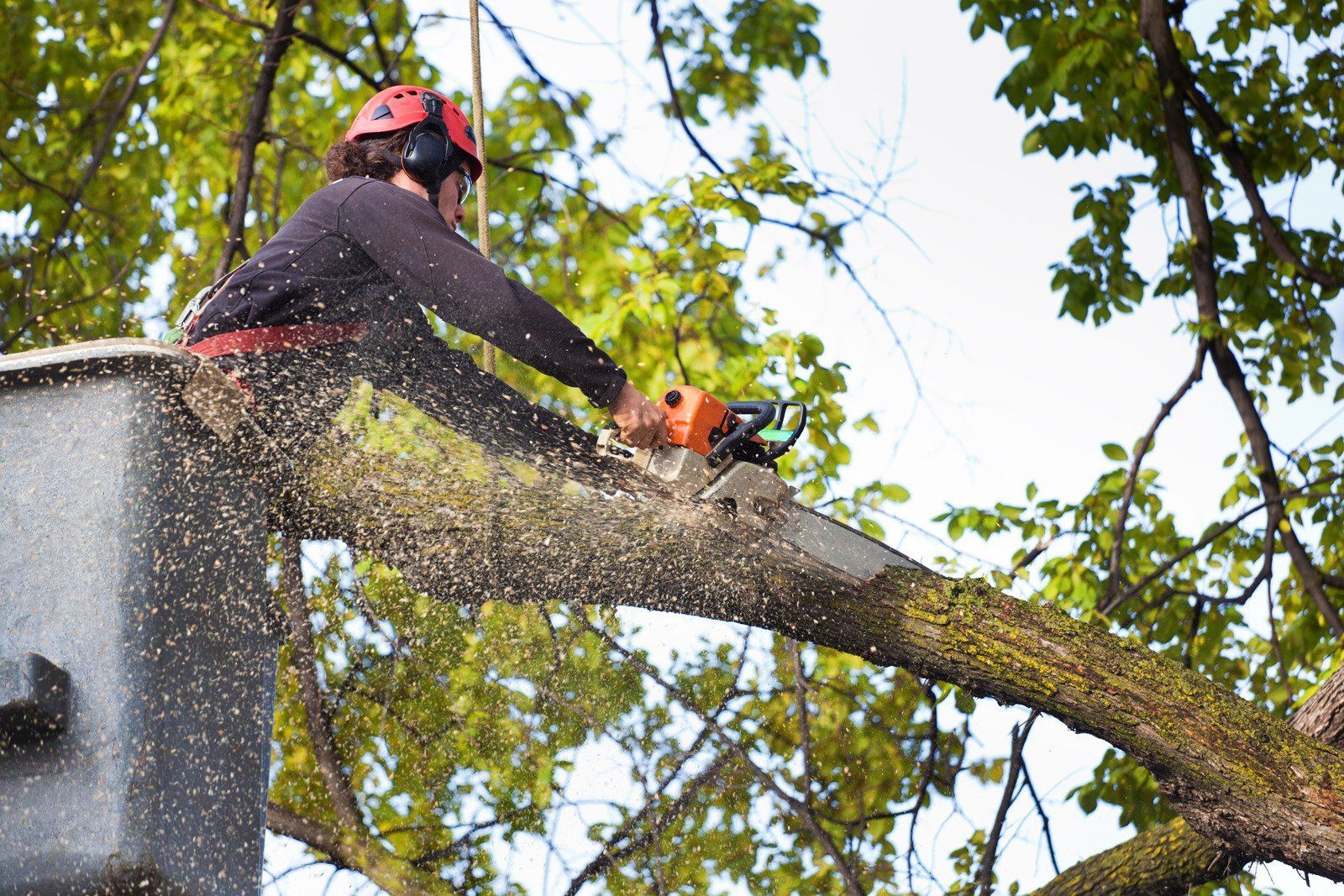
Tree removal is a task that requires precision, proper planning, and a strong understanding of safety protocols. Whether the tree is diseased, damaged, or posing a threat to your property, removing it the right way is critical to prevent injury and property damage. While some homeowners may attempt to handle small removals on their own, professional tree removal is always recommended for larger or riskier jobs. This guide outlines a safe and effective step-by-step process for removing a tree. From assessment to cleanup, each phase is crucial for ensuring the tree is removed without incident or harm to surrounding structures and landscapes.
Assess the Tree and Site Conditions
Before any work begins, a thorough evaluation of the tree’s health, size, lean, and proximity to structures or power lines is essential. Look for signs of disease or decay that may affect the tree's stability during removal. This step also involves identifying escape routes and assessing potential risks. Proper site assessment helps determine the best approach and equipment needed for safe removal.
Gather the Right Equipment
Using the appropriate tools ensures efficiency and safety during the removal process. Equipment typically includes chainsaws, ropes, climbing gear, personal protective equipment (PPE), and possibly a crane for large trees. All tools must be in good condition, and operators should be trained in their use. This preparation minimizes delays and improves on-site safety for everyone involved.
Establish a Drop Zone and Clear the Area
It’s important to mark a designated drop zone for falling limbs and trunk sections. The area should be cleared of vehicles, outdoor furniture, and other obstacles. Barriers or signage can be used to keep people and pets away. Clear communication among the crew helps coordinate safe cutting sequences and ensures no one enters dangerous zones during the operation.
Execute Controlled Cuts and Sectioning
Depending on the tree’s size, it may be cut down in sections, starting with the limbs and progressing to the trunk. A skilled arborist will make precision cuts to control the direction of each fall. Ropes and rigging systems may be used to lower large limbs safely. Once the canopy is cleared, the trunk is felled in a controlled manner, followed by stump grinding or removal if needed.
Backwoods Tree Service
is a trusted tree care and arborist company serving Stroudsburg, PA, with over 10 years of experience. We specialize in safe, efficient tree removal, pruning, and emergency services. Our skilled team is committed to preserving the health of your trees and the safety of your property. Let us help you with your next tree care need.

